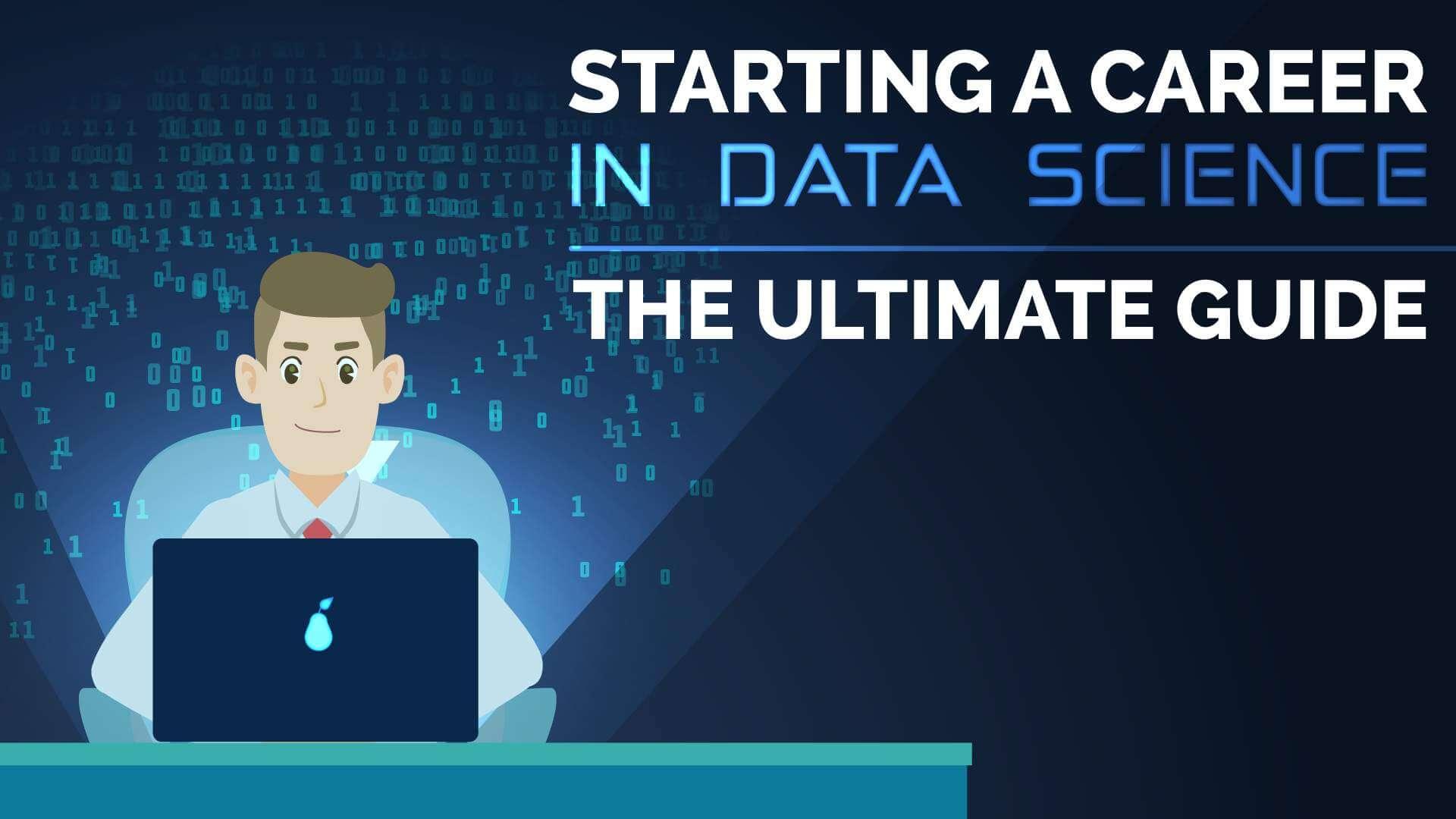Data science careers have been steadily rising in almost every industry: transportation, manufacturing, building, food service, distribution, healthcare, information technology, medicine, retail, telecommunications, banking, finance, business, government, and more. With these rising demands comes the need to have an excellent understanding of how data is collected, analyzed, and stored. This can only be achieved through a successful data science career.
The job requirements of a data scientist change depending on the specific field they work in. For example, in the finance field, analysts need to have some degree of statistics and mathematical capabilities. A software engineer needs to be able to use databases, algorithms, statistical methods, programming languages, and analysis and modeling tools. These are just a few examples of the types of information they must be able to demonstrate.
Data scientists are also expected to be capable of designing, analyzing, and reporting the results of their data-gathering process. In other words, they must understand how the system works, how the data is collected, how to analyze it, what kind of results they expect, and what data they need in order to build their case or formulate their strategy. As you can see, the data analyst’s responsibilities include more than just pulling numbers from a spreadsheet, but also being able to organize and interpret the data and present it in a meaningful and useful format for decision-making.
If you’re thinking of a data science career, you should consider a number of factors first before choosing the path that best suits your personality, abilities, and talents. Here are some of the most important ones:
How well do you know the field you want to enter into a data science career? Before taking any sort of data science career path, you should understand what kind of data scientist you want to be. You can be a mathematical statistician who gathers and analyzes the numbers, or a software engineer who creates software that automates many different analytical tasks. Or you might be a business analyst whose primary focus is on analyzing business data.
What type of data do you really need to support your work? A data scientist doesn’t necessarily need to know all the statistical methods in the book. It’s always helpful to gather as much data as you can about a given topic so you can do your research effectively and quickly. However, if you’re a math person, a good foundation in calculus, statistics, or computer programming can help tremendously.
Can you communicate well with others? An important part of becoming a data scientist involves working with people in order to find out their opinions and questions. It helps a great deal if you’re comfortable talking to others and understand their perspective and experience.
Can you work your way up from entry-level positions? You’ll be making significant contributions to the company you work for and in turn will get higher pay, higher benefits, and higher opportunities if you work your way up the ladder to executive or even managerial level.
Do you think that a data science career is a job you want to do? Most people do, but there are a few professions where it may not be right for you. You may prefer an academic position, which will offer you the freedom to pursue your interests and have a stable salary.
What are the skills you need to succeed at a data science career? Being organized, motivated, and skilled with computers are all necessary for someone wanting to start their own company or do work for one.
There are a number of other careers that may seem appealing to you, including engineering, accounting, management, medical transcription, and law enforcement, to name a few. but these careers have fewer jobs and do not provide as many benefits as a data science career. The salary may be lower, but if you are able to handle the job and the demands, it can provide plenty of financial security.
Your decision on whether to pursue a data science career will ultimately depend on the type of data science job that you decide to apply for, how many years you want to work, and what you are looking to accomplish. This information should guide you to choose the right career path.






